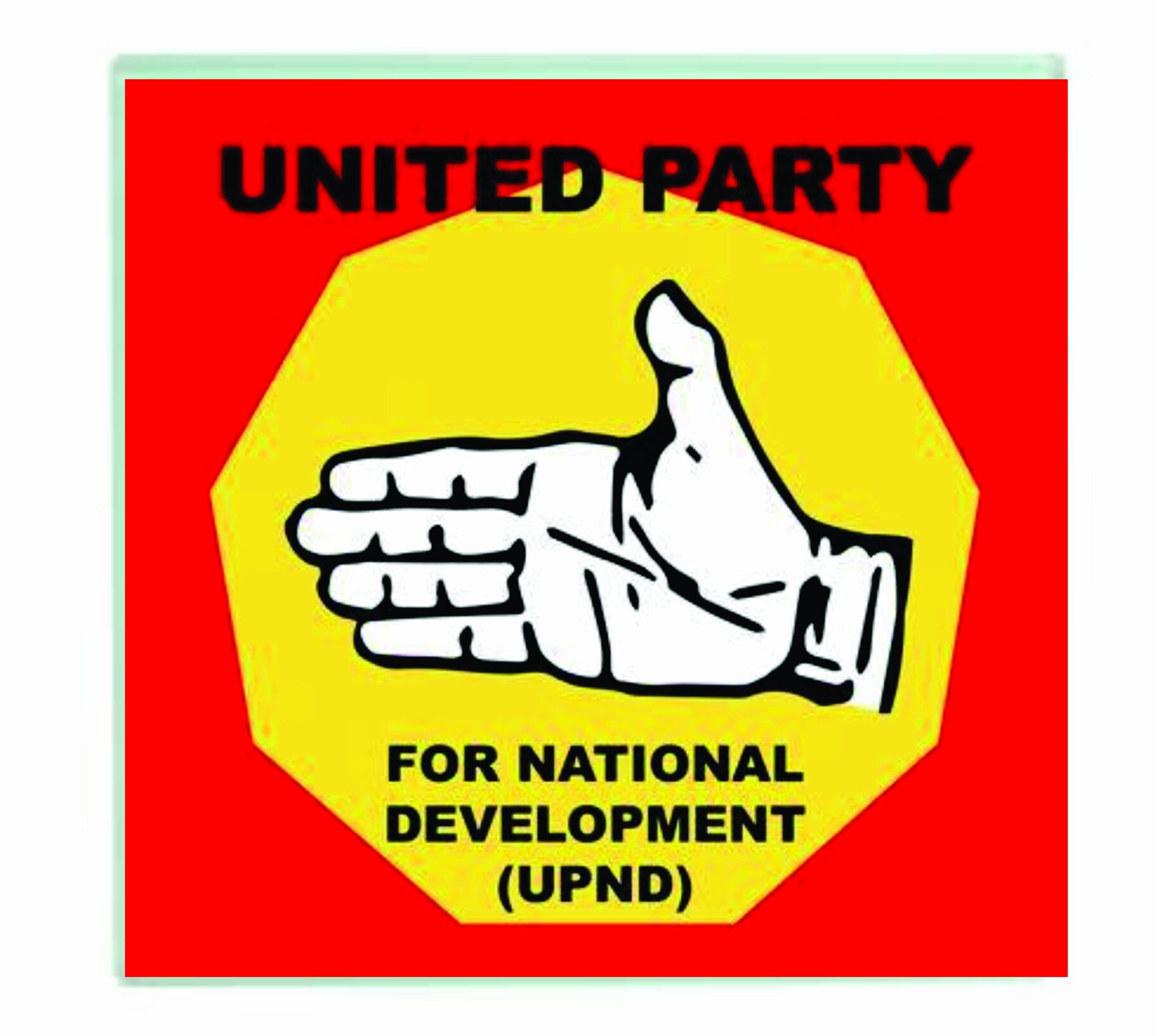TIME RUNNING OUT FOR UPND
…plans to delay 2026 elections using legal
technicalities could backfire politically – Mooya
By Staff Reporter(The Mast)
JUSTINE Mooya, a political analyst based in Canada, has raised alarm over President Hakainde Hichilema’s recent interpretation of Article 52 (6) of the Zambian Constitution, warning that it poses a serious threat to the country’s democratic framework.
He warns that time is running out for UPND and that “plans to delay 2026 elections or using legal technicalities to maintain power could backfire politically leading to widespread public discontent”.
Mooya says the President’s approach could set a dangerous precedent undermining the very democratic values he once stood for.
“At the heart of the issue lies a constitutional lacuna, a gap or omission in the legal framework that has led to conflicting interpretations of Zambia’s governance.
What is a lacuna in legal terms? A lacuna refers to a gap in the law where there are no specific guidelines to address certain scenarios. Such gaps can occur when constitutions or legal frameworks do not account for all possibilities leading to vulnerabilities that can be exploited. When leaders manipulate these gaps to bypass democratic norms it endangers the checks and balances essential for a functioning democracy,” he explained in a statement.
“President Hichilema’s reading of Article 52 (6) has been at the centre of this debate. The article, which governs certain electoral procedures, has led to concerns that it could be used to delay elections and maintain power without the proper democratic mandate. The article states: ‘Where a candidate dies, resigns, or becomes disqualified after the close of nominations and before the election date, the election shall be cancelled, and a new election shall be held within thirty days after the filing of fresh nominations’.”
While this provision is meant to address specific electoral disruptions, Mooya and other critics argue that isolating the article from other constitutional articles could result in indefinite delays of elections, effectively undermining democracy.
“Article 52.6 could indeed create conditions where the government could hold onto power without fresh elections. However, the Zambian Constitution has safeguards designed to prevent power from being concentrated solely in the executive branch. Article 63 requires the National Assembly to
approve the national budget, oversee the actions of the executive branch, and
ensure government accountability. A functioning cabinet is also required under Article 116, which mandates that the President must appoint a cabinet to assist in governance. Without such a structure, a government cannot pass budgets or implement policies, raising serious concerns about the effectiveness of governance under such circumstances,” Mooya noted. “Additionally, Article 91 establishes Zambia as a multiparty democracy, ensuring the separation of powers and adherence to the rule of law. These safeguards are designed to prevent any branch of government from wielding unchecked power, including the presidency. The role of the Constitutional Court, the Constitutional Court of Zambia has a crucial role in interpreting the Constitution and resolving disputes. Under Article 128, the Court is responsible for determining the correct application of constitutional provisions, including Article 52.6. Should the President’s interpretation be contested, it is up to the Court to provide a ruling that ensures the integrity of Zambia’s democracy.”
Mooya accused President Hichilema of betraying the hope of Zambians.
“He who once represented hope for many Zambians, standing for transparency, democracy and good governance. However, the recent controversies surrounding the constitutional lacuna and the government’s handling of issues such as the energy crisis and mass recruitment of civil servants have left many feeling disillusioned,” he said. Mooya said in “this time of crisis”, the President appears more focused on exploiting potential gaps in the Constitution rather than addressing the urgent needs of the people.
“The energy crisis continues to worsen yet the government’s recruitment efforts seem to take precedence. While recruiting civil servants is important, it should not come at the expense of addressing pressing issues that directly affect the daily lives of Zambians. The clock is ticking for the UPND as the United Party for National Development (UPND) grapples with these challenges. Time is running out. Plans to delay 2026 elections or using legal technicalities to maintain power could backfire politically leading to widespread public discontent. Ultimately, actions perceived as anti-democratic could damage the party’s credibility and standing with voters,” Mooya warned. “Though Zambia’s Constitution is comprehensive, it is not immune to gaps or lacunas. However, the Constitution was designed to ensure checks and balances, preventing any one branch of government including the presidency from monopolising power. The Constitutional Court must now step in to clarify any ambiguities and ensure that the President’s actions align with the democratic principles enshrined in the Constitution.”
He said Zambians deserve leadership that prioritises their well-being and upholds democratic values, rather than one that seeks to exploit legal loopholes.
“The trust placed in President Hichilema during his election was hard-earned, and it must not be squandered. The future of Zambia’s democracy depends on it,” said Mooya.
